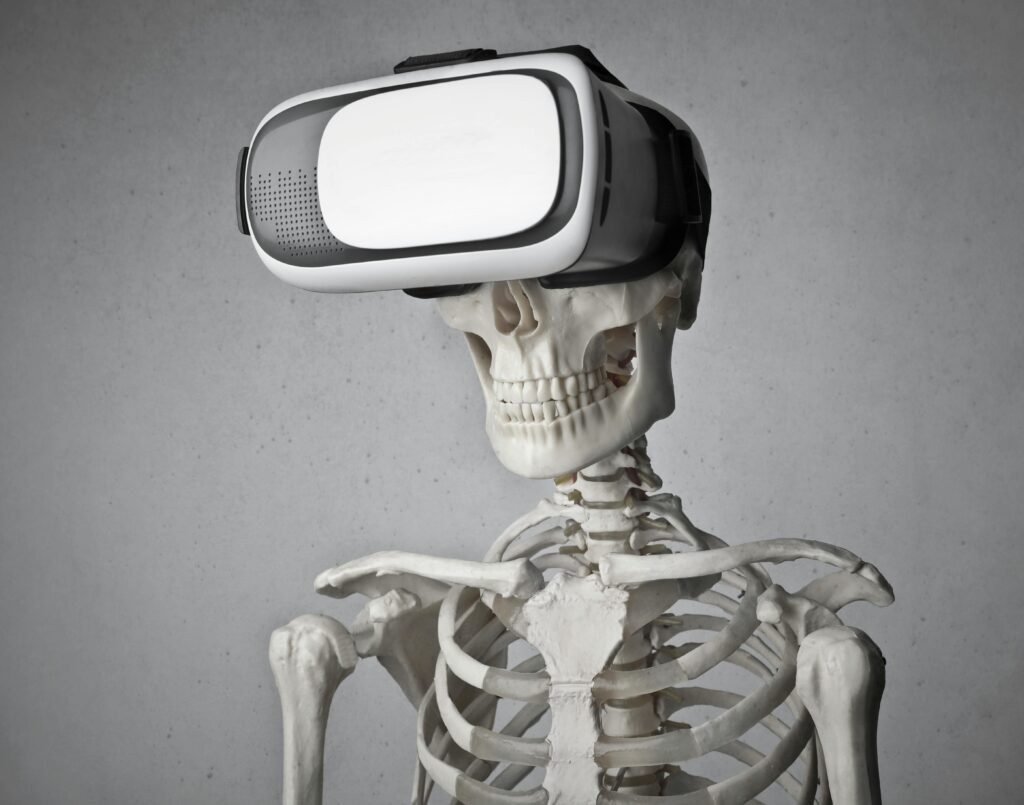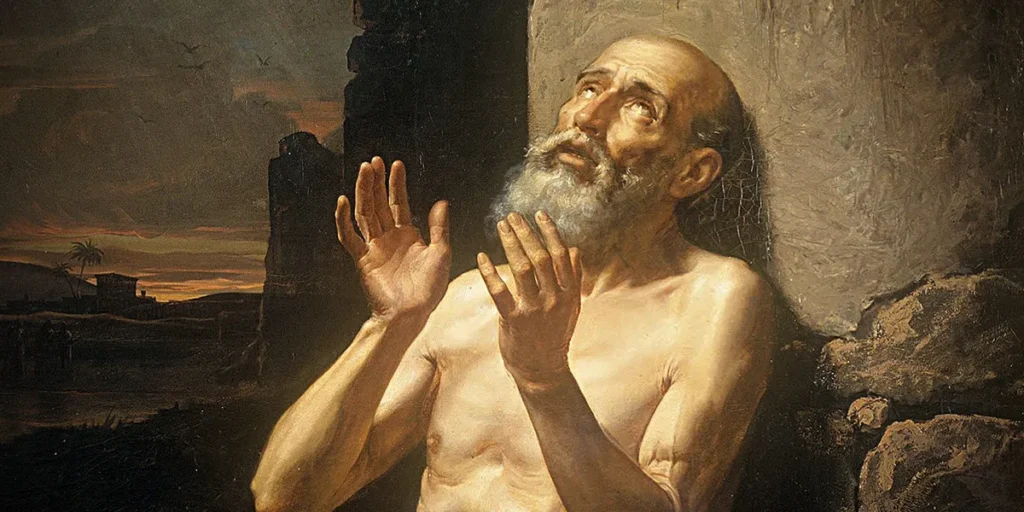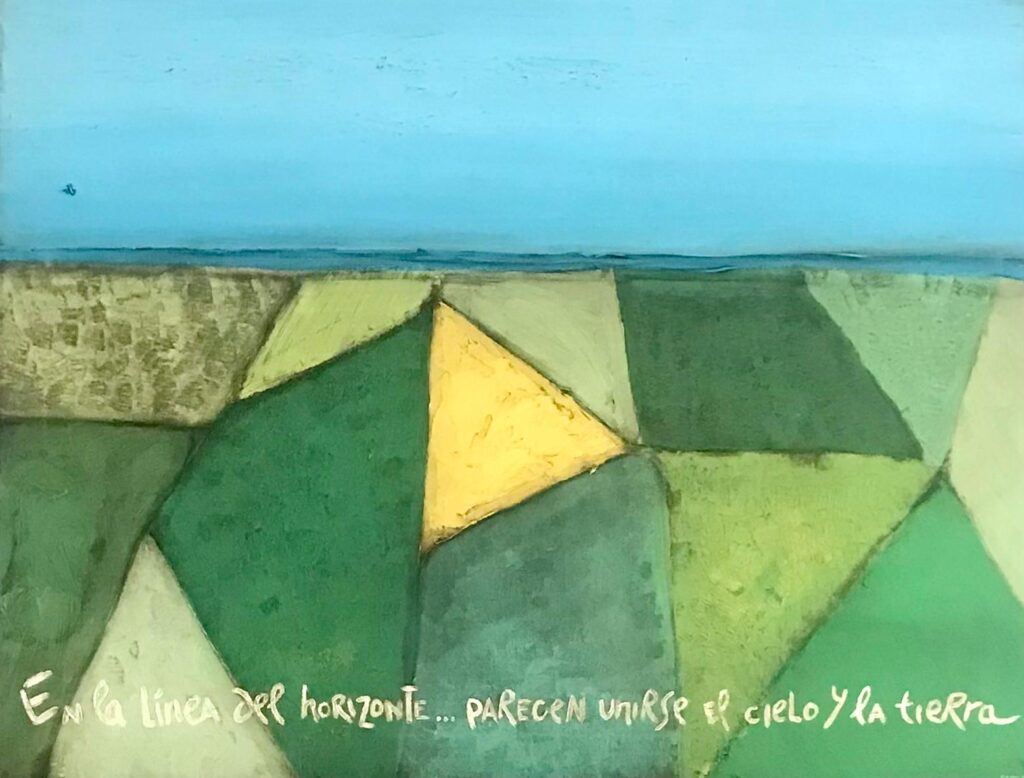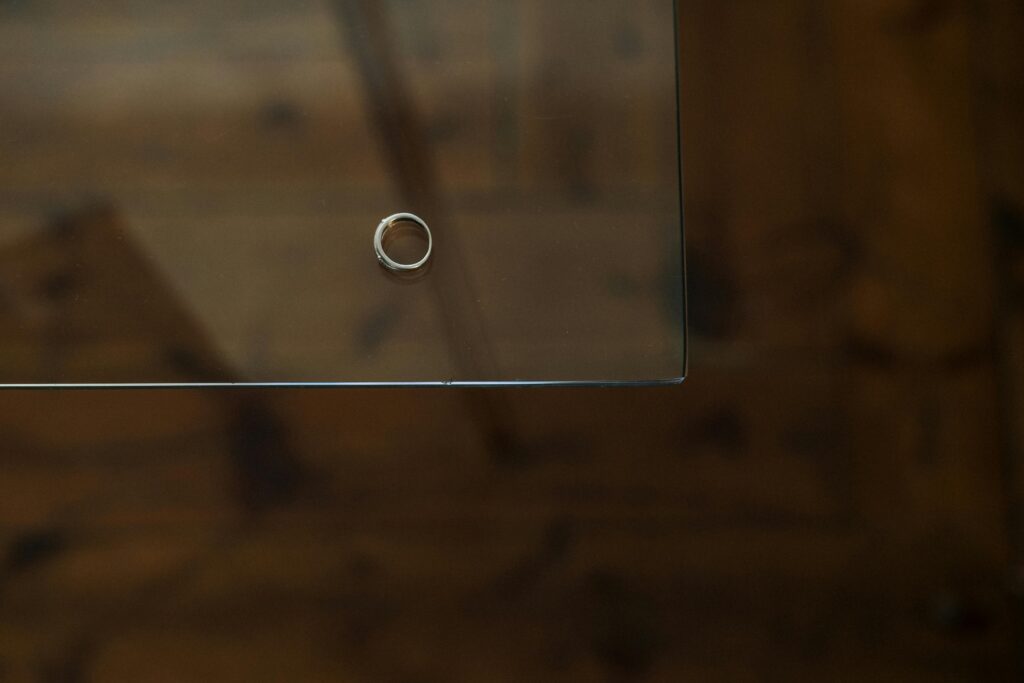Josef Pieper: the truth of things
His natural optimism and his deep Christian sense of life led him to understand that happiness, as a pure gift
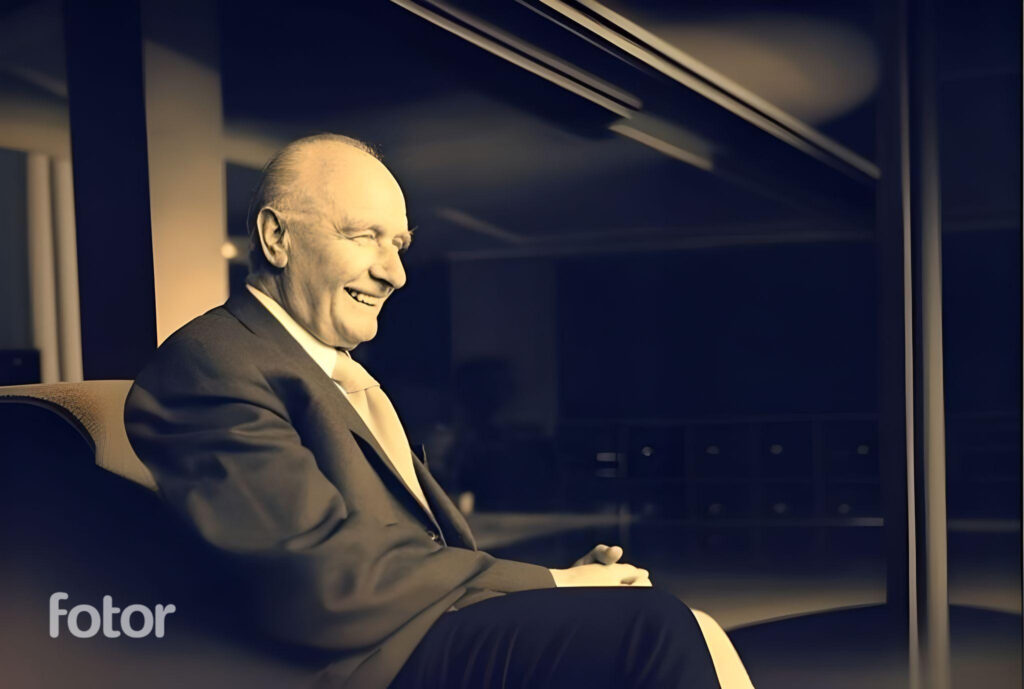
I have read with great enthusiasm the Autobiographical Writings (Christianity, 2023) by Josep Pieper (1904-1997), who accompanied me in my university education, and I continue reading with pleasure and benefit. I started with Leisure and Intellectual Life in 1976. His proposal helped me shape the essay that I presented in the Literature course on the narrative of José María Arguedas, accentuating the magical nature of the Peruvian novelist’s writings. Then came the Defense of Philosophy, A Theory of Party, and The Discovery of Reality, among others. His book Fundamental Virtues is the focus of the chapter he dedicated to virtue ethics in a course he taught. With his autobiographical writings, the intellectual profile of this great acquaintance and teacher is now revealed.
Pieper was a neo-Thomist philosopher in dialogue with his time. As he mentions, “It was not primarily about Thomas Aquinas. What he wanted was not to know what others have thought, but what the truth of things is like.” His initial discovery gave substance to his philosophical work. He says: “Suddenly I was also able to put into clear words what he vaguely glimpsed: “Every duty is founded on being; The good is what conforms to reality. Whoever wants to know and be good must direct his gaze to the objective world of being, not to his own “intention”, nor to “conscience”, nor to “values”, or to “ideals” and “models” established by oneself. He has to dispense with his act and look at reality.” Here is the touchstone of the grateful look with which Pieper addressed reality. An essential attitude of respect and wonder.
The style and form of Pieper’s philosophical work is manifested in the reflection he made when he received the Balzan Prize. He puts it this way: “after returning home… I was finally able to calmly read the certificate in gold letters on parchment and with great joy I found mentioned for the first time as the reason for the distinction, exactly what in fact was always first and foremost my intention: to express myself. in an understandable, non-technical language, “capable of awakening in people around the world philosophical awareness about the ultimate questions of human existence.” And although it sounds like praise of myself, saying this does not embarrass me.” This has been the hallmark of his writings: clarity and simplicity to express reality.
He always had, of course, “a deep and grateful respect for the detailed knowledge and for the fatigue of the scholar, the specialist, who has complete knowledge of his field and has at hand in each case the most recent publication; but philosophy has always been under another sign for me. And to be able to say something as a philosophy professor at the university level, that’s what I wanted to do. That in doing so he did not correspond completely, and perhaps not at all, to the image of the “scholar” or even the “university professor”, of that he was fully aware. But I accepted it, although from time to time it weighed on my conscience.” Like his teacher Thomas Aquinas, his philosophy does not develop any system of thought.
Leisure, work, theory, contemplation and celebration are human dimensions on which Pieper reflects. He points out, for example, that “celebrating a festival means living and realizing in a non-everyday way, on a special occasion, continuous consent to the world and existence.” A party is, therefore, celebrating – in a stellar way – the life, the existence, the presence of the other. We have experienced it in these Christmas holidays that, even in their exaggerations, reveal the sacred reality of the festival, where the divine and the earthly kiss. In this same order of ideas, Benedict XVI, quoting Pieper, points out that the touchstone of a festive interpersonal relationship is the ability to be able to say to the other: how good it is that you exist! Hence, friendship, love, and filial relationships reach their maturity when in each encounter we allow ourselves to be touched by the truth, goodness, and beauty that resides in the being of each person. A reality, Pieper notes, understood “only by those who are convinced that in the midst of everyday existence there really exists that radically non-everyday thing that we call mystery.”
Pieper was a great traveler, invited from one continent to another, from East to West. As a visiting professor, he toured universities and institutes around the world. In every country and city, he walked the streets. He spoke with students, teachers, with ordinary people. The friendly tone has not been lacking in his sharp observations. He has been, through this intense intellectual life, a lucid witness and actor of the 20th century.
The pages about his son Thomas, who died prematurely in the USA at less than 30 years old, are moving. And, especially, the paragraphs dedicated to his wife are delicate. She was a great plastic artist and skilled gardener. She spent her last years bedridden and was losing her speech and memory. “One day in the afternoon,” says Pieper, she wanted me to sit next to her, because she had to tell me something important; she spoke unusually seriously. And then she put her arm around my shoulder and said something I will never forget. (…) Obviously, my wife did not want to leave without a farewell word. She felt like she was going downhill, and she feared maybe one day she would no longer be able to think or speak clearly. Thus, putting her arm around her shoulder, she said a single wonderful phrase, intended exclusively for me. Although she said it in a whisper, it sounded like an oath. “Then we had our tea and listened to music, as usual.”
Pieper always contemplated with gratitude reality in its entirety, with its miseries and joys. He did not succumb to the horrors of the 20th century. His natural optimism and deep Christian sense of life led him to understand that happiness, as a pure gift, is something very divine, refined in the joys of Tabor and the Via Crucis of Calvary.
 (EN)
(EN)
 (ES)
(ES)
 (IT)
(IT)


